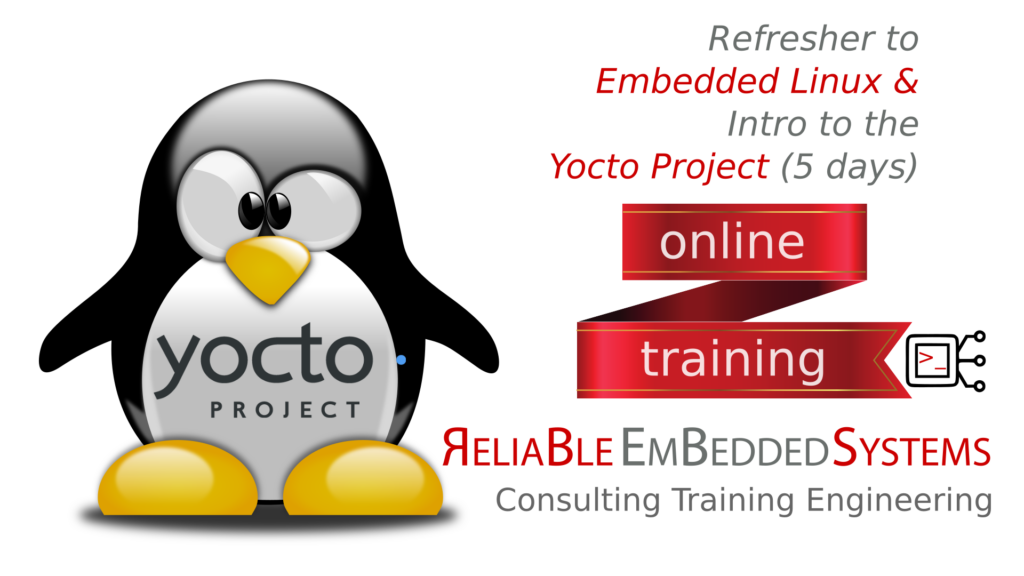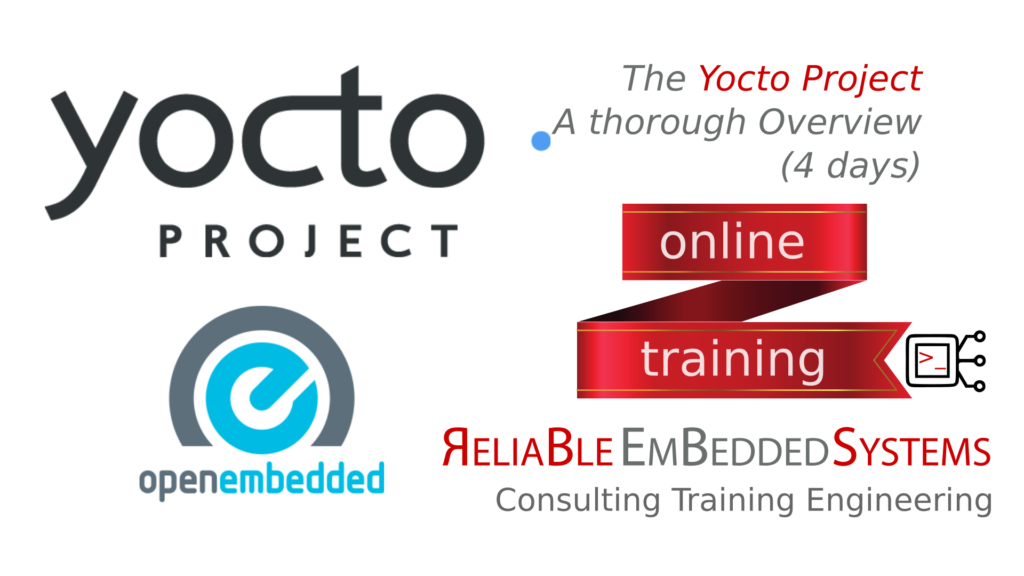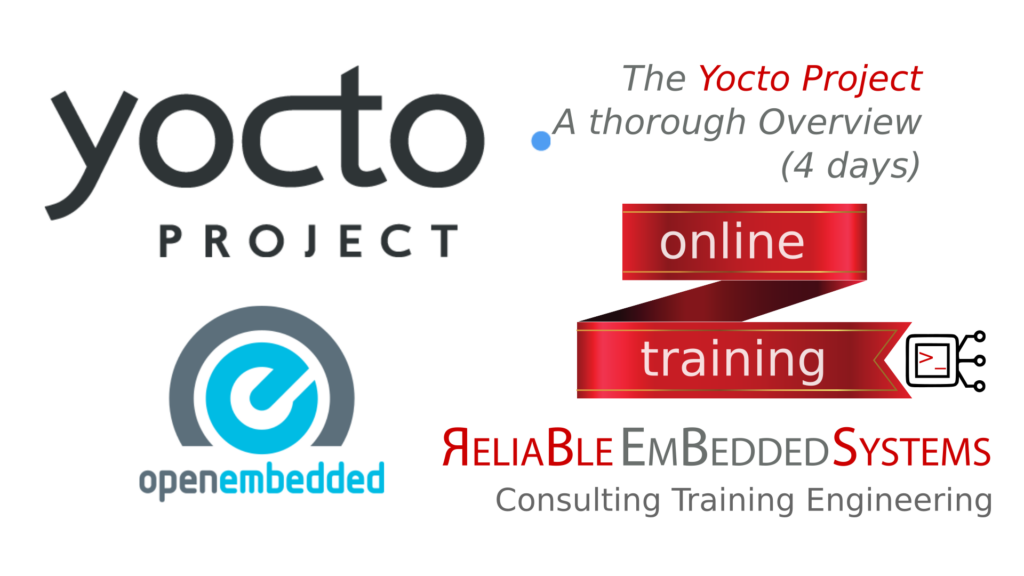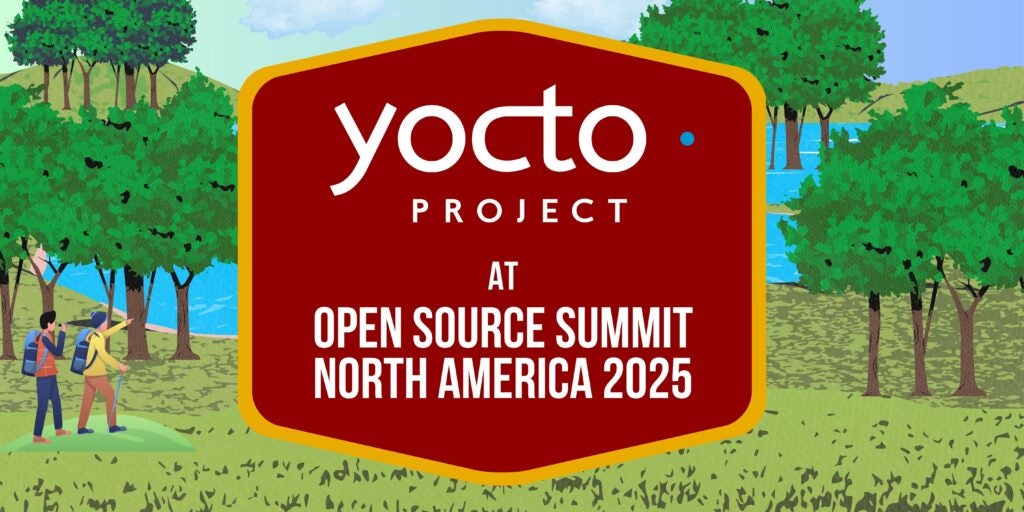Shape the future of customizable embedded Linux.
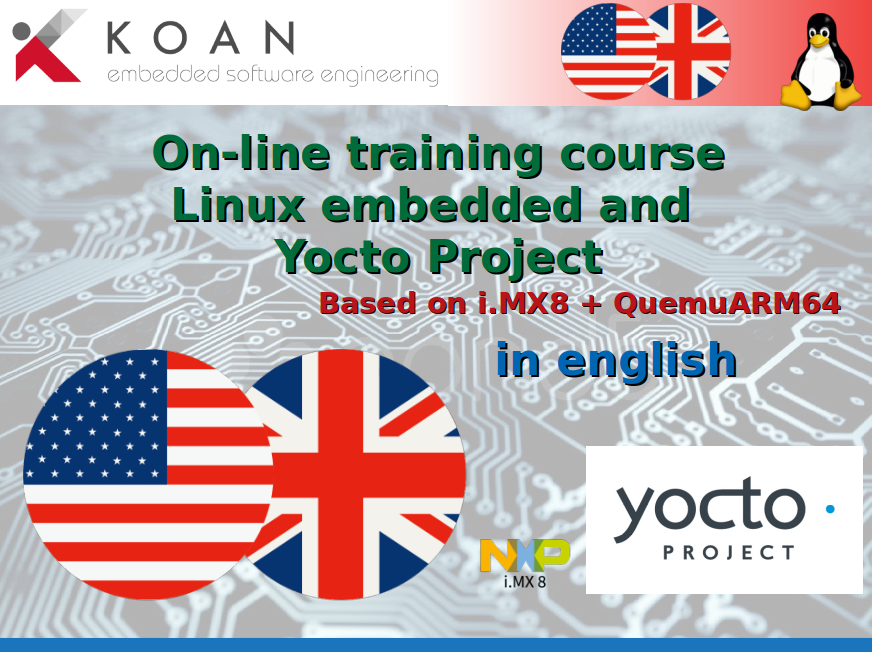
We have scheduled a new session in May for our ONLINE course dedicated to Embedded Linux and the Yocto Project! 🚀
This updated format will focus on NXP i.MX8 and QemuARM64.
🛠️ Course Structure:
✅ Full course (Linux + Yocto) – 5 afternoons (CET timezone)
✅ Yocto-only module – 3 afternoons (CET timezone)
📅 Dates: May 15-21, 2024
🔹 Learn how to configure and use Linux, the Yocto Project (with OpenEmbedded), git, and bitbake to build an embedded Linux distribution from scratch.
📌 More details at the link below, or feel free to reach out for more info!
This course provides the essential knowledge to set up and use Linux and the Yocto Project (with OpenEmbedded), git, and bitbake, enabling you to build an embedded Linux distribution from scratch
Embedded Recipes, taking place in Nice, France from May 14 – 16 is hosted by BayLibre in 2025. The Yocto Project workshop will take place on Friday, May 16 and is complimentary to attend (a simple interest form will launch soon).
If you wish to participate in Embedded Recipes sessions on Wednesday, May 14 and Thursday, May 15, you are required to register (100€) with event organizers.
NOTE: Seats are limited for Embedded Recipes (~200 seats) and for the Yocto Project workshop (~15 seats).
More details on Friday workshops are available here:
https://embedded-recipes.org/2025/workshops/
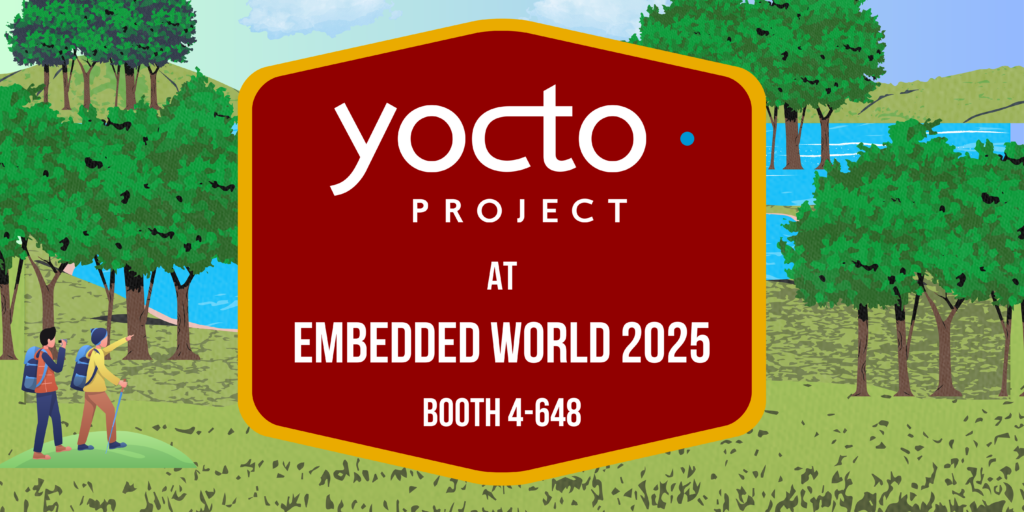
Come find us in the Embedded World Sponsor Showcase (4-648) and celebrate our 15th birthday! Enjoy a coffee brewed by a Yocto Project powered machine (thank you Witekio!) and birthday cookies, complete with Poky beavers. Interact with our Releases station, snap a Poloroid picture to add to the Yocto Project yearbook, and collect puzzle pieces from our partner stations around the hall!
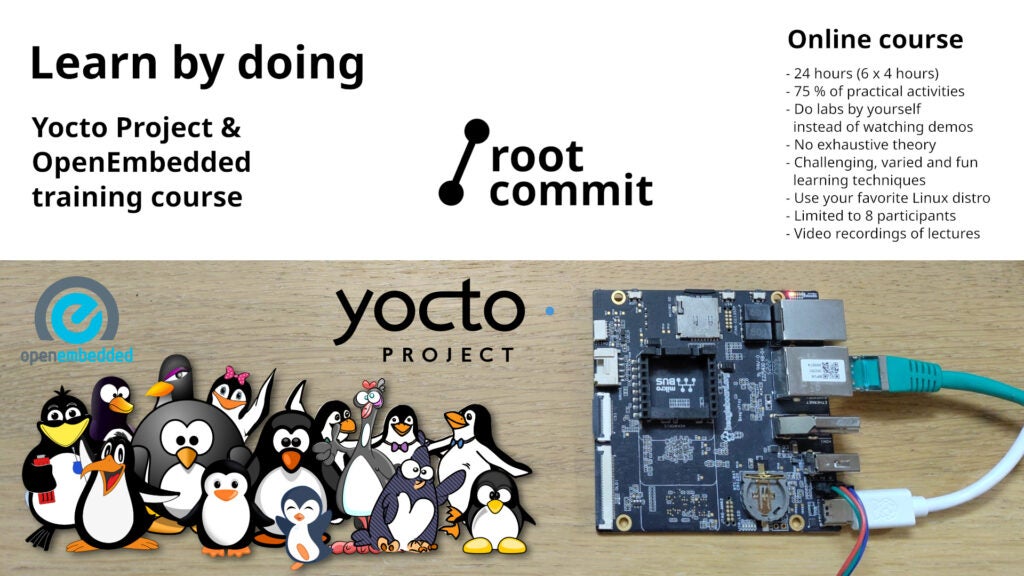
Everything you need to know to build your custom Linux system images for your own hardware. Learn how to create your own layers to reuse and override hardware vendor and community provided layers, just providing what is specific to your project.
We use progressive but challenging practical labs, as well as varied techniques to make the learning always stimulating and fun, and above all to make it stick. At least 75% of the time is dedicated to practical activities. Sessions are limited to 8 participants to guarantee enough time to support every person.
